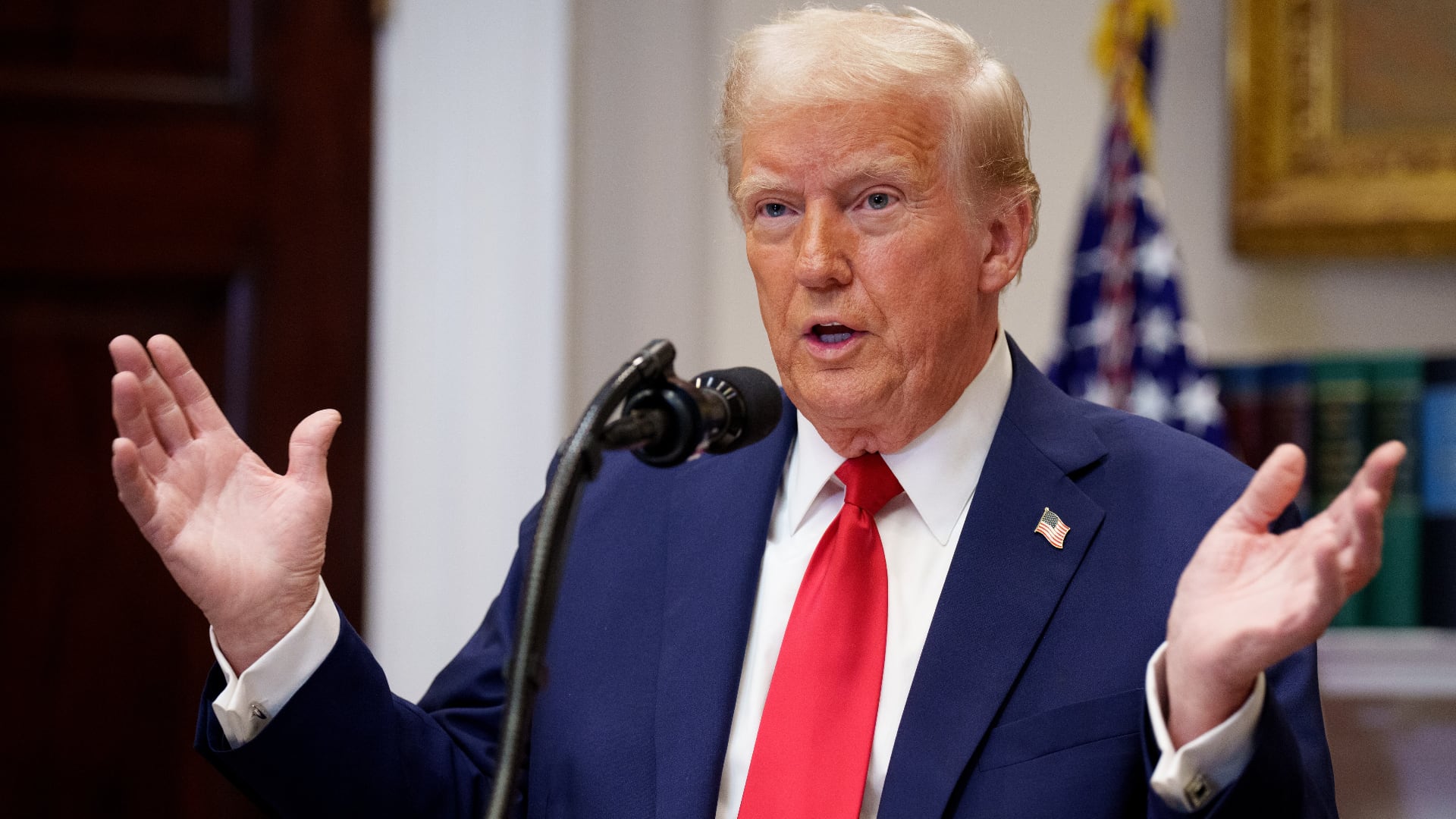*By Carlo Versano* Bitcoin ー asset or currency? If it's the former, it's among the most volatile assets one can trade. If it's the latter, it just took a step toward legitimacy ー with the decision by the state of Ohio to allow businesses to pay their tax bills in Bitcoin starting this week. Ohio officials said they plan to extend the initiative to individual Ohioan taxpayers in the future. While it's limited in scope, the move represents an important tacit admission by a government body that Bitcoin is an acceptable currency, according to Bitcoin developer Jimmy Song. Song told Cheddar that it's inevitable that more bureaucracies will embrace Bitcoin as a legitimate currency. "It's just so convenient," he said. "Governments generally like the convenience of getting paid very quickly." The currency play is a long game, in his view. Bitcoin has struggled to gain widespread adoption over its 10-year lifespan, even as the recent speculation in crypto markets has made and lost fortunes in the meantime. Bitcoin plunged another 35 percent over the last week to settle under $4,000. "It takes some time before things gain acceptance," Song said. As a developer, Song hopes the volatility in the crypto markets will provide an opportunity for programmers and engineers to "put their heads down and develop" the supporting software that will strengthen Bitcoin as an acceptable currency ー which was always the intention, rather than think about it purely as a speculative trade. In the meantime, Song said he predicts "more pain to come" in the crypto markets, noting that Bitcoin investors are used to the roller-coaster ride. "This sort of thing happens all the time," he said of Bitcoin's most recent drop, noting that at [one point](https://twitter.com/Xentagz/status/1065332934721368064) in 2011 it lost 94 percent of its value in five months. A year-and-a-half later, Bitcoin was back to an all-time high. For full interview [click here](https://cheddar.com/videos/bitcoin-10-years-later-inside-cryptocurrency-philosophy).












